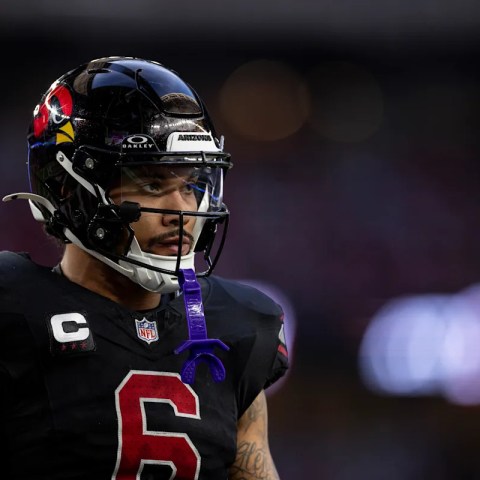The Challenges Facing Rural Healthcare in America
Dr. Banu Symington has been a dedicated oncologist in Rock Springs, Wyoming, for 30 years. She moved here for the wide-open spaces and the small-town feel. But things have changed.
Now, many of her cancer patients react negatively when she suggests safety measures like wearing masks or getting vaccinated. A patient once told her, “You only want me to mask because you’re a liberal.” This hostility reflects a bigger issue in rural healthcare: the growing divide between science and politics.
Recent statistics show that many rural areas struggle with misinformation about health. The Trump administration’s policies have also made it harder to recruit doctors, especially those from abroad. An alarming 49% of doctors practicing in the U.S. were born outside the country, according to recent studies. Changes in immigration laws have worsened this crisis, leading to a severe shortage of physicians in areas like Wyoming.
Social media plays a role in spreading conspiracy theories. Dr. Symington attended a county fair to give away sunscreen but was dismissed by a passerby who claimed doctors are using sunscreen to make people sick for profit. This kind of thinking has eroded trust between doctors and patients, making it hard for doctors to provide care.
Moreover, Dr. Symington isn’t alone in feeling the pressure. She’s one of just five full-time oncologists in Wyoming, and the only one in her region. The next closest radiation clinic is three hours away in Utah.
The healthcare worker shortage isn’t just a local problem; it contributes to shorter life expectancies in rural communities. Alan Morgan, CEO of the National Rural Health Association, emphasizes that many local residents can’t even reach trustworthy doctors due to misinformation and logistical barriers. He argues that we need better education and outreach to empower local healthcare providers.
Dr. Jennifer Bacani McKenney, a family physician in Kansas, faces similar challenges. She’s seen how the COVID-19 pandemic has affected patient perceptions of healthcare. Some of her patients made derogatory remarks about Asians during the pandemic, unaware of her heritage. She notes that this hostile climate impacts not just patient care, but also future doctors. Many medical students from urban areas are reluctant to do rotations in rural communities because they fear for their safety and comfort.
Bacani McKenney’s experience is a reminder that healthcare is more than just treating ailments; it’s also about building trust and understanding within communities. With rising skepticism towards vaccines and new health initiatives, she now approaches conversations about treatment with greater care. She suggests familiar vaccines first to ease patients into accepting new ones.
The landscape of rural healthcare is changing drastically, and both patients and providers are feeling the impact. As Dr. Symington prepares for retirement, she worries about the future of healthcare in her community. “I don’t think they’ll be able to recruit anyone,” she says, echoing a common fear among healthcare professionals in rural America.
To improve the situation, we need to foster trust and create pathways for local students to pursue careers in medicine, making healthcare more accessible and reliable for everyone.





















